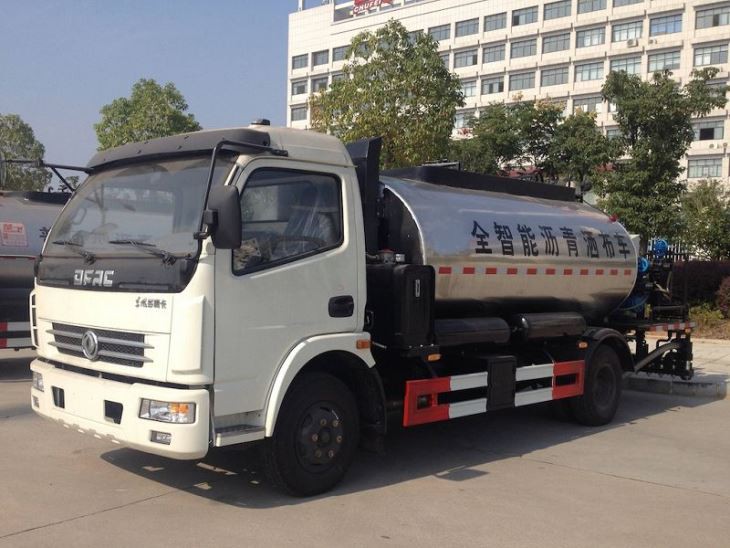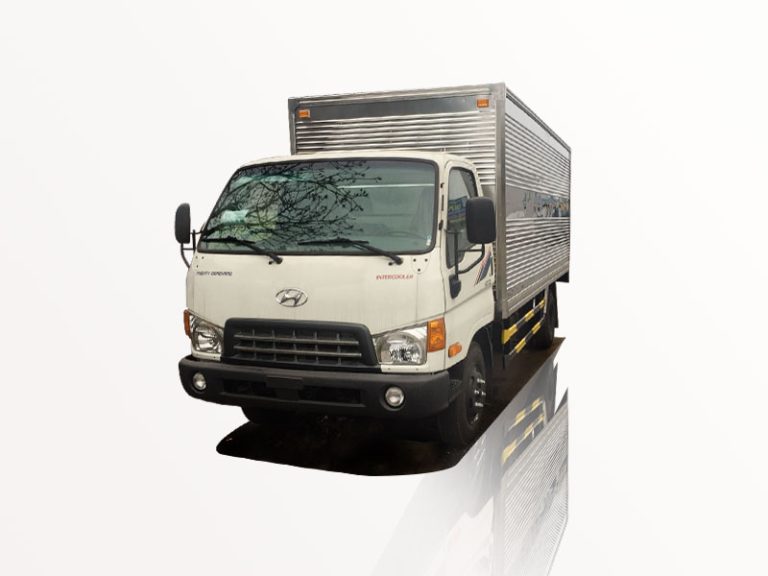Small concrete mixer trucks are essential for construction projects that require mobility and efficiency in mixing and transporting concrete. These vehicles play a crucial role in ensuring that construction sites have access to freshly mixed concrete at any time. This article explores everything you need to know about small concrete mixer trucks, from their features and benefits to tips for buying and maintaining one.
What is a Small Concrete Mixer Truck?
A small concrete mixer truck is a specialized vehicle designed to transport concrete from the plant to construction sites. These trucks are typically smaller in size compared to their larger counterparts, making them ideal for urban construction sites with limited access. They often come equipped with a rotating drum that mixes concrete while en route to ensure that the mixture remains fresh.
Key Features of Small Concrete Mixer Trucks
- Compact Size: Designed for urban and tight spaces.
- Easy Maneuverability: Allows for easy navigation on construction sites.
- Rotating Drum: Keeps the concrete mixed until delivery.
- High Capacity: Typically can carry 5 to 10 cubic yards of concrete.
The Benefits of Using Small Concrete Mixer Trucks
Small concrete mixer trucks provide various advantages that make them popular in the construction industry. Here are some of the key benefits:
1. Enhanced Accessibility
Due to their smaller size, these trucks can access job sites that larger vehicles cannot, ensuring timely concrete delivery.
2. Reduced Traffic Disruption
Smaller vehicles can navigate through city streets with more ease, reducing construction-related traffic disruption.
3. Improved Efficiency
With a smaller concrete mixer truck, crews can work more efficiently by having concrete mixed and ready to go when needed.
4. Cost-Effectiveness
Small concrete mixer trucks often require less fuel and maintenance, making them a more cost-effective option for small to medium-sized projects.
Types of Small Concrete Mixer Trucks
There are several types of small concrete mixer trucks available in the market, each designed for specific applications:
1. Mini Mixer Trucks
These trucks typically carry between 1 and 3 cubic yards of concrete, making them perfect for smaller residential jobs.
2. Compact Mixer Trucks
With capacities between 3 and 5 cubic yards, compact mixer trucks are ideal for small commercial projects.
3. Standard Mixer Trucks
Standard mixer trucks can carry up to 10 cubic yards and are suitable for a wider range of construction tasks.
How to Choose the Right Small Concrete Mixer Truck
Selecting the right small concrete mixer truck for your needs involves considering several factors:
1. Project Size and Type
Consider the scale of your project. If it’s small and residential, a mini mixer truck may suffice. For larger jobs, a standard mixer truck may be necessary.
2. Maneuverability Requirements
Evaluate the construction site’s accessibility. If space is limited, opt for a smaller truck.
3. Budget Constraints
Establish a budget as prices for small concrete mixer trucks can vary significantly. Weigh the costs against features.
4. Brand Reputation
Research brands known for reliability and durability. Reading reviews and seeking recommendations can help make an informed choice.
Practical Tips for Operating Small Concrete Mixer Trucks
Operating a small concrete mixer truck requires skill and knowledge. Here are some practical tips for drivers:
1. Pre-Trip Inspection
Conduct a thorough inspection of the truck before each trip. Check the fluids, brakes, tires, and mixing drum.
2. Load Management
Understand the weight limits of your truck. Overloading can lead to mechanical issues and safety hazards.
3. Mixing Techniques
Ensure that the concrete is properly mixed during transport. Monitor the mixing process and make adjustments as necessary.
4. Delivery Procedures
Plan the delivery route in advance to avoid traffic and ensure timely arrival at the job site.
Maintenance Tips for Small Concrete Mixer Trucks
1. Routine Inspections
Schedule regular inspections to identify potential issues before they become serious problems.
2. Clean the Mixing Drum
After each use, clean the mixing drum to prevent concrete buildup, which can affect future operations.
3. Engine Maintenance
Keep the engine well-oiled and check the air filters regularly to ensure optimal performance.
4. Tire Maintenance
Inspect the tires for proper inflation and tread wear regularly; this is crucial for safety and fuel efficiency.
Common Issues Faced with Small Concrete Mixer Trucks
Even with proper maintenance, small concrete mixer trucks may face certain common issues:
1. Mixing Problems
If the concrete isn’t mixing properly, it could be due to a malfunctioning drum or incorrect operational techniques.
2. Mechanical Failures
Components may wear out over time. Regular maintenance helps mitigate this issue.
3. Fluid Leaks
Check for hydraulic or oil leaks frequently as these can lead to significant mechanical issues if left unaddressed.
4. Tire Issues
Potholes and rough terrains can quickly lead to tire damage, emphasizing the need for routine inspections.
Frequently Asked Questions about Small Concrete Mixer Trucks
1. What is the typical capacity of a small concrete mixer truck?
Small concrete mixer trucks typically carry between 1 to 10 cubic yards of concrete, depending on the model.
2. How much does a small concrete mixer truck cost?
The cost of a small concrete mixer truck can range from $30,000 to $100,000, influenced by brand, specifications, and features.
3. How do I maintain my small concrete mixer truck?
Routine inspections, cleaning the mixing drum, checking the engine, and tire maintenance are key to proper upkeep.
4. Can I drive a small concrete mixer truck with a standard driver’s license?
Typically, a commercial driver’s license (CDL) is required to operate these trucks safely on public roads.
5. How do I choose the right size of a mixer truck for my project?
Assess your project size, site accessibility, and concrete needs to determine the appropriate mixer truck capacity.
6. Are small concrete mixer trucks more cost-effective than larger ones?
In many cases, yes. Their smaller size often results in lower fuel consumption and maintenance costs for smaller projects.

